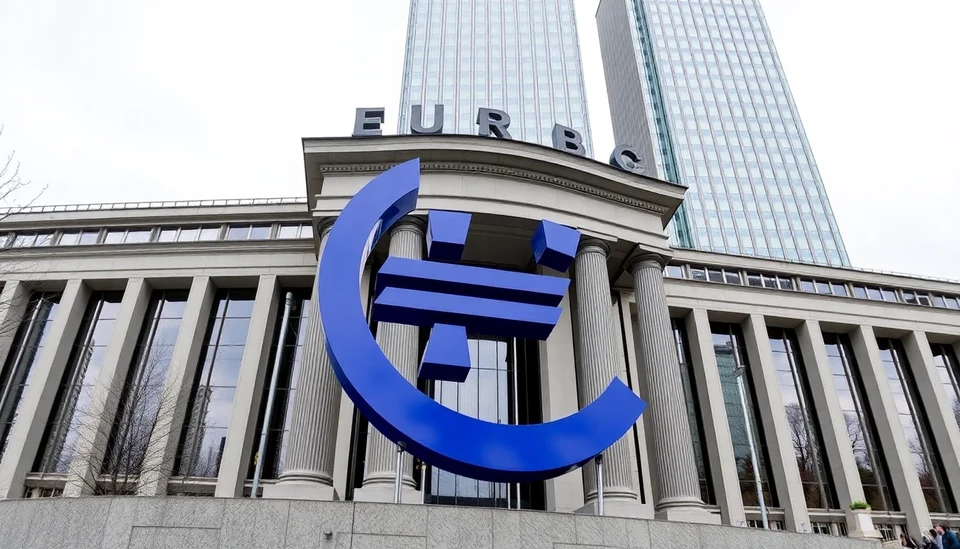
The European Central Bank (ECB) is on the cusp of a significant personnel transformation, marking the largest shift since 2019. This impending change comes at a critical juncture as the ECB grapples with complex challenges in the eurozone. The organization is set to see a wave of retirements and departures among top officials, raising questions about the future direction of monetary policy and the institution's overall governance.
With the landscape of European monetary policy evolving, the ECB could experience a major reshuffle in its leadership ranks. Reports suggest that several key figures are considering retirement or have already indicated their plans to vacate their positions, creating a vacuum that could alter the dynamics of decision-making within the bank. Notably, the departure of seasoned officials could result in a loss of institutional memory, further complicating the ECB's strategy in navigating inflationary pressures and economic recovery.
This potential shift in personnel may coincide with heightened scrutiny over the central bank's response to persistent inflation levels across the eurozone. The ECB has faced criticism for its handling of monetary policy, particularly during these tumultuous economic times. New leadership could bring a fresh perspective and potentially more aggressive actions in managing interest rates and inflation targets. The central bank's approach will be particularly important given the varied economic conditions across member states and the ongoing recovery efforts amidst global uncertainties.
Market analysts are already speculating on the possible candidates to fill upcoming vacancies. These positions are critical, as the new appointments will likely influence the ECB's policies and strategies in the months and years to come. Observers are closely monitoring how the changes might align with the institution's long-term goals, especially in the context of the European Union's economic stability and growth prospects.
The ECB's leadership team is expected to engage in extensive discussions on succession planning, ensuring that the transition period is as smooth as possible while maintaining the continuity of policy implementation. This stability is crucial, particularly when public confidence in the euro and the overall economic framework of the Eurozone is at stake.
As the ECB prepares for this massive overhaul, stakeholders await further developments regarding the announcement of new appointments and the strategic direction the bank intends to pursue. This evolution within the ECB could signal either a return to stronger monetary policy or a more cautious approach, depending on the perspectives of the incoming officials. With all eyes on Europe, the ramifications of these changes are likely to resonate beyond the region, affecting global markets and economic forecasts.
In conclusion, the ECB's upcoming personnel shakeup presents both challenges and opportunities for the institution as it seeks to redefine its role in the eurozone's economic landscape. The outlook for the Central Bank will increasingly hinge on the effectiveness of the new leadership in addressing immediate economic concerns while steering the Eurozone towards long-term stabilization and growth.
#ECB #monetarypolicy #eurozone #inflation #leadershipchange #economicstability #financialmarkets
Author: Laura Mitchell




